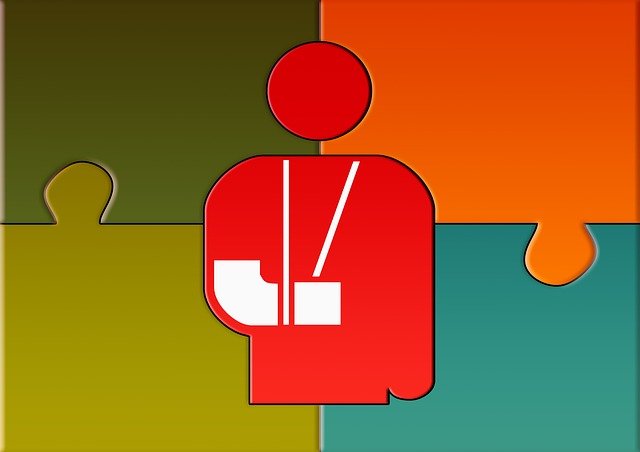
In both instances, a physical injury is the massive common ground that leads us to assume that personal injury claims and workers’ comp claims are the same thing. However, these two situations are entirely different.
The processes to recover damages are not the same for both instances. However, in both cases, another party must be proven legally negligent. So, whether you’ve been involved in a slip and fall, a road collision, or any other type of injury, we’ve listed the prominent differences between personal injury claims and workers’ comp claims so you can determine which legal route to follow.
The Presence Of Negligence
One of the significant differences between a personal injury case and a workers’ comp claim is that negligence needs to be present in personal injury claims. At the same time, no negligence is required for work-related injuries.
So, if your injury occurred at work, you won’t need to prove your employer was negligent, as you will need to report the incident to your upper management. Workers’ compensation laws are there to protect employees from the financial impacts of work-related accidents.
Pain And Suffering Damages
While workers’ comp benefits will cover your medical bills and some other costs, you won’t be able to claim pain and suffering damages. On the other hand, you can often claim for the emotional turmoil that stemmed directly from the injury for personal injury cases. Personal injury cases include road accidents, slips, and falls, medical malpractice, and others.
Recovering from the after-effects of these incidents can be challenging. Unfortunately, injuries that occur at work are considered substantially less traumatizing, as most work-related injuries take place in industries with known hazardous work environments, such as manufacturing, construction, and others.
Because we know these industries pose safety risks, employees know that injuries can happen, so emotional trauma is not often present.
The Responsible Party
In personal injury situations, the responsible individual or party is liable for the damages. On the other hand, you cannot sue your employer or your co-workers if you have been injured at work.
But with that said, there are two small classes of employees who can sue their employers; interstate railroad workers and crewmembers of vessels. If you are an employee in either one of these classes, your attorney will help guide your workers’ comp claim to ensure you get the most out of your claim.
It can be understandably devastating to endure an injury whether you are at work or not. Recovering from a physical injury takes time, and there’s no doubt that you want to get back to work and everyday responsibilities.
With the expert assistance of a professional attorney and the proper medical treatment program, you can recover all your damages, both physical and financial. Nevertheless, you must be sure to prioritize your physical recovery and rely on a legal professional to handle all the legal details for you. Even though you can claim on your own, you probably won’t be able to get what you genuinely deserve without a thorough grasp of the law.





